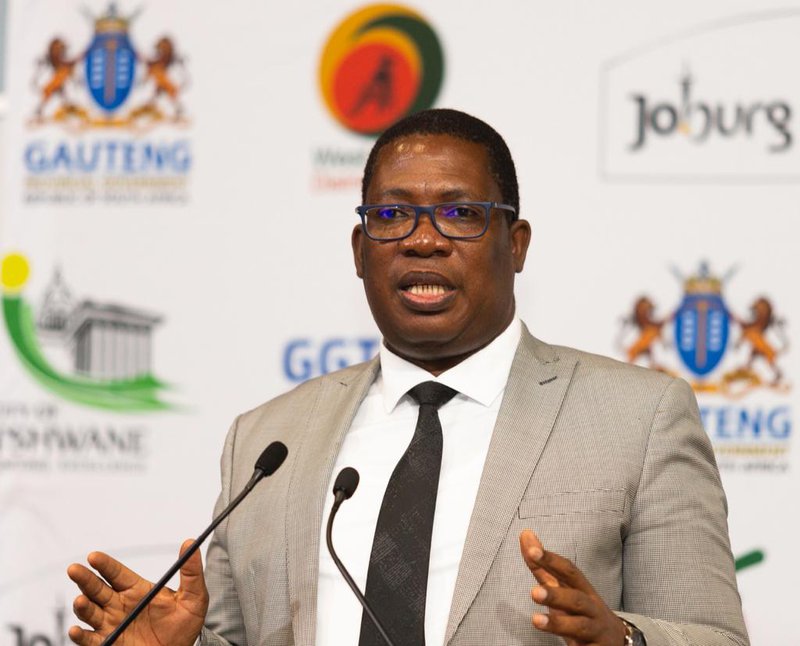At the recent Gauteng Climate Change Indaba, held at the Birchwood Hotel’s OR Tambo Conference Centre in Boksburg, Premier Panyaza Lesufi outlined the province’s ambitious plans to tackle climate change and its adverse impacts. Speaking with confidence, Lesufi highlighted that Gauteng has moved beyond addressing climate challenges with temporary solutions. Instead, the province has now established a permanent initiative, underpinned by a dedicated team and department, which is focused on taking decisive action against climate change. Lesufi proudly shared that he is the first premier in the country to establish such a department, a testament to Gauteng’s proactive approach.
Looking ahead, the Premier identified two crucial areas that will shape the future socio-economic development of Gauteng: climate change and artificial intelligence. He emphasized that the province’s ability to adapt to these challenges will be essential for its continued progress. “If we can’t adapt to these two challenges, we risk losing the opportunity to make a meaningful impact in society,” Lesufi remarked. His vision underscores the need for Gauteng to not only be resilient in the face of environmental change but to also harness the transformative potential of new technologies to drive economic growth and societal advancement.
Lesufi further stressed the central role Gauteng plays in South Africa’s economy, noting that the province must take the lead in confronting the climate crisis. He cautioned that failing to address climate change would result in severe consequences for the economy, including job losses, the collapse of agricultural production, and the deterioration of public infrastructure due to extreme weather events like droughts and floods. With Gauteng being a key economic hub, Lesufi warned that inaction would cause the province to miss out on the opportunities presented by global climate resilience efforts.
The Premier’s call for urgent action was aimed at the climate change team in Gauteng, urging them to take immediate steps to protect society from the profound impacts of climate change. He reminded the team of their responsibility to plan for the future, taking into account the current environmental realities. “We must align ourselves with current realities,” he stated, underscoring the necessity of swift, long-term solutions to mitigate the negative effects of climate change. The Premier highlighted the importance of integrating sustainable practices into the province’s future planning, both for the well-being of its residents and the protection of the environment.
In a forward-thinking statement, Lesufi highlighted the role of electric vehicles in Gauteng’s future climate strategy. He explained that by 2030, the province must have the infrastructure and skills in place to support the transition to electric vehicles as a key measure in reducing carbon emissions that contribute to climate change. He believes that such a shift is essential not only for the environment but also for positioning Gauteng as a leader in green technology and sustainable development. This ambitious goal, Lesufi added, would help reduce Gauteng’s carbon footprint and contribute significantly to the global effort to combat climate change.
Lesufi concluded by expressing his hope that future generations would look back and recognize the contributions made today to mitigating climate change. “One day, we want to tell our grandchildren that we contributed to these climate change-reducing innovations,” he said. His words reflect a long-term vision for the province, one that integrates environmental sustainability with economic progress. As Gauteng moves forward with its climate change initiatives, Premier Lesufi’s leadership sets the stage for a future where the province’s development is in harmony with the global push for climate resilience and sustainability.
